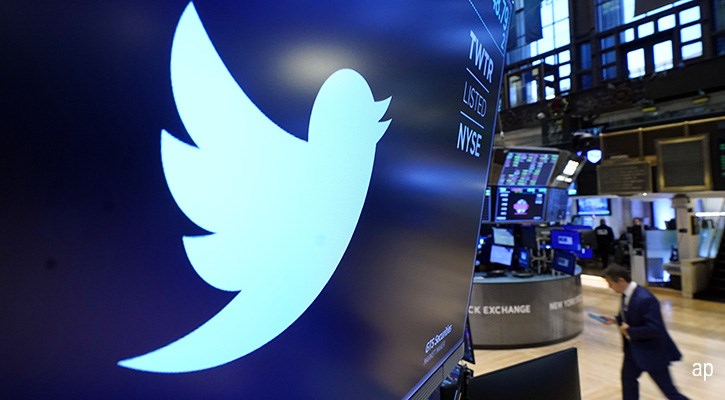
At Morningstar, we love to look at solid stocks that happen to be trading at a discount. One helpful tool to identify suck opportunities is the Morningstar Wide Moat Focus Index. It tracks companies that earn Morningstar Economic Moat Ratings of Wide, and that are trading at the lowest current market price to fair value.
How has this cluster of high-quality names performed over time? Pretty well; the index, wich consists of largely US stocks, has beaten the broad-based Morningstar US Market Index for the year to date and for the trailing three-, five-, and 10-year periods as of this writing.
With those performance numbers on the index's side, its constituents are a fertile hunting ground for investors looking for high-quality stocks trading at reasonable prices.
In an effort to keep the index focused on the least-expensive high-quality stocks, Morningstar reconstitutes the index regularly. The index consists of two subportfolios containing 40 stocks each, many of which are overlapping positions. The subportfolios are reconstituted semiannually in alternating quarters on a "staggered" schedule. We re-evaluate the index's holdings and add and remove stocks based on a preset methodology. Because stocks are equally weighted within each subportfolio, the reconstitution process also involves rightsizing positions.
After the most recent reconstitution on March 18, half of the portfolio added 11 positions and eliminated 11 names.
Additions
Three industries had more than one stock added to the index.
Two software companies made the list. Adobe (ADBE) dominates when it comes to creative software, and we expect it to continue to do so. Moreover, its well-rounded portfolio positions it as a digital market leader, according to Morningstar's senior analyst Dan Romanoff.
ServiceNow (NOW) not only earns a wide moat rating but boasts a positive moat trend, too. We think the company has done an exceptional job of expanding beyond its software-as-a-service solution for IT service management into the larger IT operations management market, Romanoff says.
The subportfolio also added two asset managers. BlackRock (BLK) is the largest asset manager in the world, and an expanding ETF market; the adoption of environmental, social, and governance analytics and investing; and ongoing technology efforts, among other factors, should continue to drive growth, strategist Gregg Warren says. T. Rowe Price (TROW), meanwhile, remains the best-positioned active asset manager we cover in the United States, he argues. The size and scale of the firm’s operations, the strength of its brands, consistent outperformance, and reasonable fees give it an edge.
Two internet retailers were added, too. Etsy (ETSY) has carved out an interesting competitive niche with its four marketplace properties focused on unbranded products, analyst Sean Dunlop says. The firm’s competitive strategy is sound, and its active buyer base is growing.
MercadoLibre (MELI) is a one-stop e-commerce solution for Latin American buyers and sellers. Customer expectations for quicker shipping times and increased fulfilment penetration should make the firm’s services all but irreplaceable, Dunlop says.

The remaining additions hail from a hodgepodge of industries: 3M (MMM) (conglomerates), Costar Group (CSGP) (real estate services), Ecolab (ECL) (specialty chemicals), Masco (MAS) (building products and equipment), and Teradyne (TER) (semiconductor equipment and materials).
Removals
Stocks can be removed from the index for a few reasons: If we downgrade their economic moats or if their price/fair value ratios rise significantly. All of the removals in the latest reconstitution were pushed out by stocks that were trading at more-attractive price/fair value ratios at the time of reconstitution.

High-Quality Stocks in the Bargain Bin
Here are the 10 cheapest stocks in the Morningstar Wide Moat Focus Index as of March 24.


































